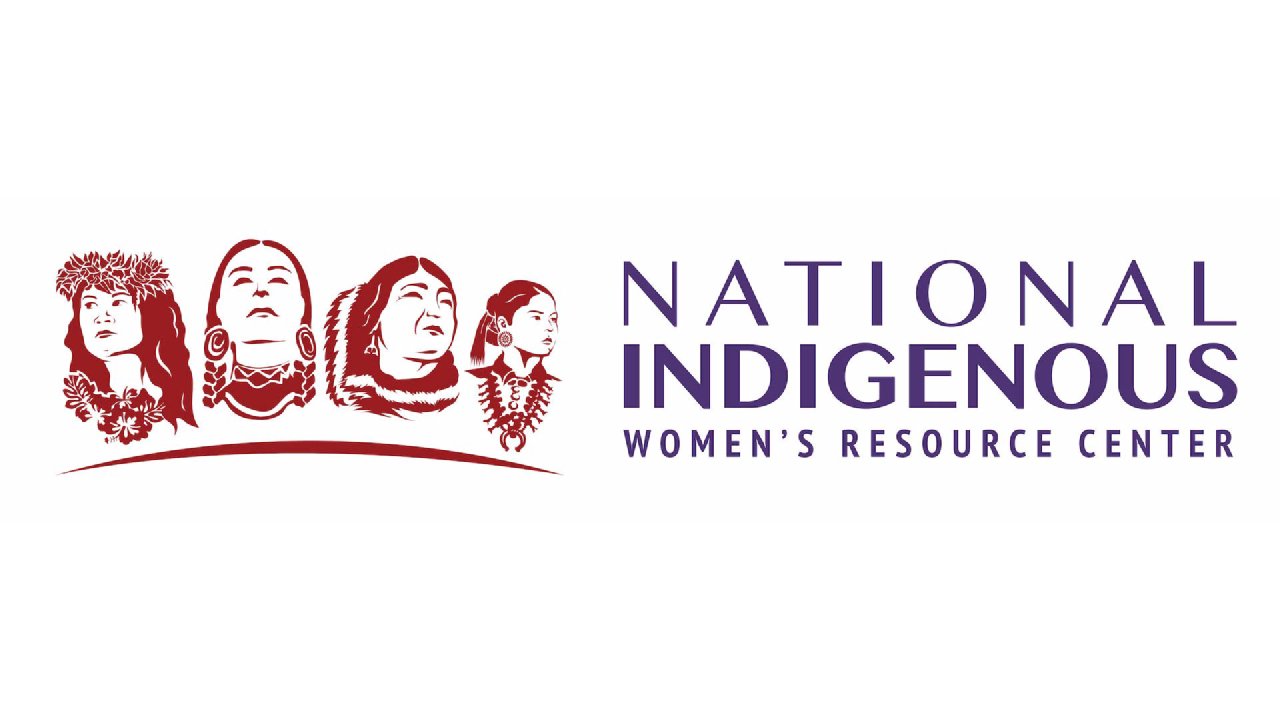Domestic and sexual violence (DSV) can have significant effects on one’s health and well-being, including increased risks related to trauma and substance use. In addition to using substances to cope with trauma, survivors may also be coerced to use substances, face increased violence if they do not use substances, and have their attempts to engage in treatment and recovery sabotaged by a partner or ex-partner – all tactics of substance use coercion. This session will demonstrate Accessible, Culturally Responsive, and Trauma-Informed (ACRTI) approach to supporting survivors experiencing trauma and substance use coercion.
About the Speaker
Gabriela Zapata-Alma, LCSW, CADC, is the Director of Policy and Practice for Domestic Violence and Substance Use at the National Center on Domestic Violence, Trauma & Mental Health, as well as faculty at The University of Chicago, where they coordinate the Advanced Alcohol and Other Drug Counselor certification program. Gabriela brings over 15 years of experience supporting survivors of domestic violence and other trauma, as well as people impacted by housing instability, HIV/AIDS, substance use disorders, and mental health conditions; providing direct services, training, advocacy, and consultation; and leading programs using trauma-informed approaches, Motivational Interviewing, harm reduction, gender-responsive care, Housing First, and third-wave behavioral interventions. Gabriela has been recognized with the Health & Medicine Policy Research Group’s 2018 Health Award and the 2017 Rising Star Award from the Illinois chapter of National Association for Addiction Professionals (NAADAC). Gabriela provides training and technical assistance related to serving marginalized communities impacted by trauma and other social determinants of health nationally and internationally.



